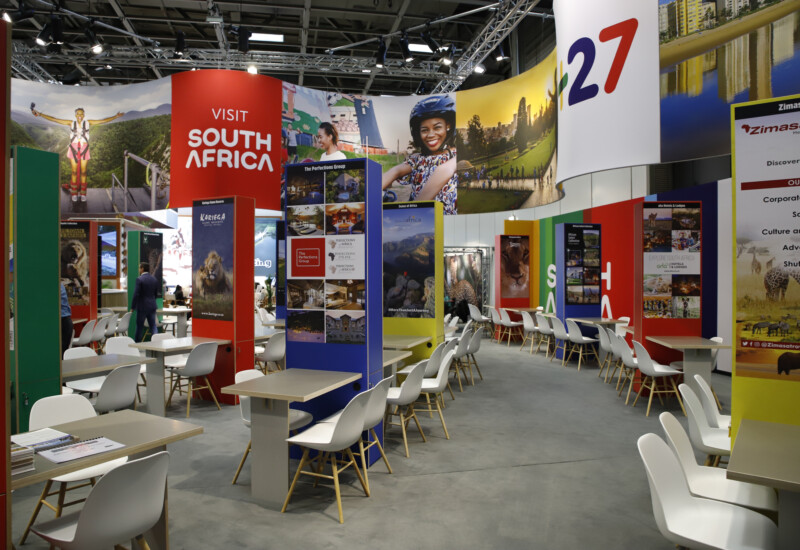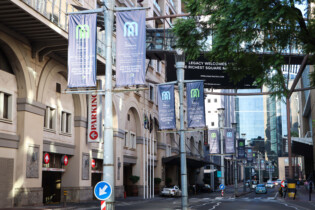2020 posed unprecedented challenges for the global tourism sector, with the Covid-19 pandemic emerging as one of the most impactful (negatively speaking) events of the 21st century. The immediate imposition of international, regional, and local travel restrictions dealt a severe blow to national economies worldwide. Prior to the pandemic, travel and tourism had been a significant driver of global job creation, accounting for one out of every four new jobs.
The pandemic’s ramifications are far-reaching, with long-term impacts still unfolding, particularly evident in the diminished consumer demand. Small enterprises (those in the tourism sector being of no exception) were particularly hard-hit, facing mass layoffs and closures as early as the first quarter of 2020. Virtually no country was spared from the restrictive measures associated with the pandemic, including lockdowns, curfews, border closures, and the cancellation of mass events. Consequently, numerous hotels, restaurants, bars, theme parks, museums, and other tourist attractions were forced to shutter their doors.
The Meetings, Incentives, Conferences, and Exhibitions (MICE) sector bore the brunt of Covid-19’s disruptive consequences. Exhibitions, which serve as a cornerstone for various sectors of the economy witnessed significant downturns. These rippled across related industries, impacting suppliers of goods and services integral to the exhibition business, such as designers, advertisers, transport companies, and catering services. The repercussions were evident in half-empty hotels, underutilized flights, and a host of other ancillary businesses left grappling with reduced demand.
Why increased collaboration is necessary among MICE professionals
Increased collaboration is imperative for aiding MICE pandemic. The industry’s intricate ecosystem involves a diverse array of stakeholders, from event organisers to venue operators and local authorities, necessitating collaboration to navigate complexities and unify efforts toward recovery. Given the interconnected nature of MICE events, enhanced collaboration boosts communication and cooperation among stakeholders, facilitating collective problem-solving and adaptability to evolving circumstances.
Also, collaboration enables resource optimisation through the pooling of expertise and resources, thereby enhancing efficiency and reducing costs. Rebuilding trust in MICE events, crucial after pandemic-induced travel disruptions and health concerns, requires collaborative efforts to implement robust health protocols and restore attendee confidence.
Moreover, collaborative initiatives are pivotal for market recovery, driving economic growth, and tourism promotion through destination marketing and support for local businesses. Furthermore, collaboration cultivates a culture of innovation and adaptation, empowering MICE professionals to develop post-pandemic strategies and technologies, identify emerging trends, and capitalize on growth opportunities for industry resilience.
At the 2023 edition of Meetings Africa, experts agreed that greater collaboration and the ability to adapt to challenges and opportunities are vital for the sector to not only survive but to thrive and grow.
Speaking at the International Congress and Convention Association (ICCA) Association Day, CEO of the Southern African Association for the Conference Industry (SAACI), Glenton de Kock, said that the industry is in a phase of post-Covid recovery whereby it needs to look at how it can use the skills and knowledge it currently has to build again and increase collaboration.
He says:
“We have to look at how we can manage the controllables; to be nimble to find the right opportunities. We have to ask how honest we are in our conversations. You have to ask: ‘have you secured business, have you reconnected with business partners from the past, and how do you bring skills back into the sector?’”
Meetings Africa 2024 is one week away
Meetings Africa 2024 is just one week away. So, if you are in the MICE (or related) this is an event that you need to be attending. Follow this link to book.







